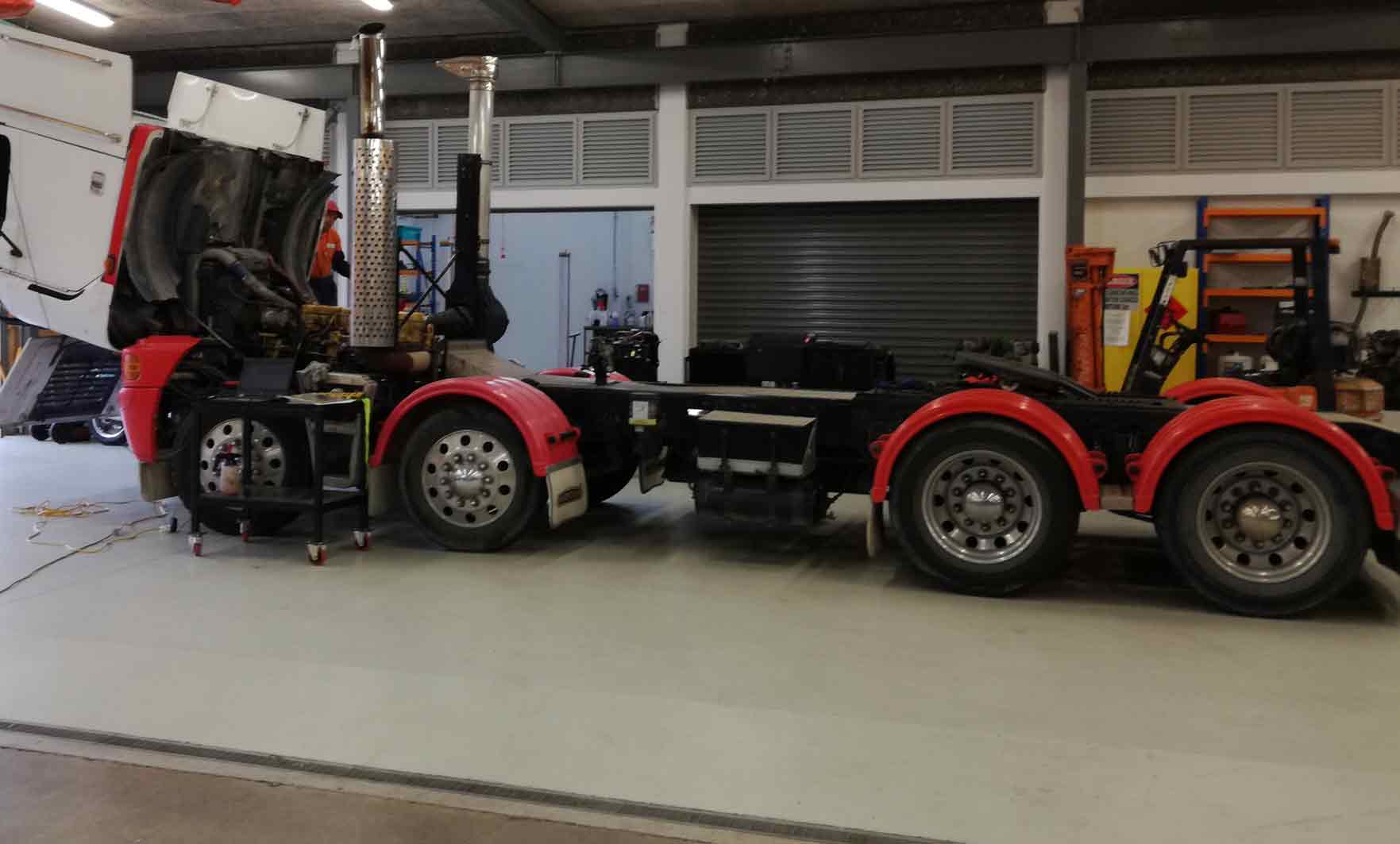Ask a question or call 0800 422 733
New Zealand Certificate in Heavy Automotive Engineering (Level 4) (Road Transport), (Plant and Equipment)
-
NMIT is part of Te Pūkenga
This means that you will now graduate with a Te Pūkenga qualification. Read more
-
Locations and dates
Marlborough:
1 October 202420 January 20251 April 20251 July 20251 October 2025Nelson:
1 October 202420 January 20251 April 20251 July 20251 October 2025 -
Length
Apprenticeship programme, varying lengths
-
Total credits
240
-
Fees
2024: $181-$363 per course dependent on course selection
A Compulsory Student Services Levy applies (2024; $2.05 per credit).
Fees listed are for each year of the programme, indicative only and may vary with course selection.
View course details for individual fees. -
National qualification code
NZ3118
Are you already servicing and repairing heavy road transport vehicles or plant and equipment?

Then it's time to take the next step with this managed apprenticeship programme to increase your skills and knowledge and gain an automotive qualification to back you up.
On successful completion of this programme you will benefit by having an automotive qualification that recognises progression through the industry, as well as increased skills and knowledge to help you increase your job performance. You will be capable of working in a self‐managed capacity and may have some responsibility for the work of others.
You can take this programme after completing the New Zealand Certificate in Automotive Engineering (Level 3). You can also do it if you have attained equivalent Level 3 skills and experience gained from working within industry, and wish to study towards a formal qualification.
You will need to be in a permanent employment agreement as part of your study in the programme.
This allows you to integrate practical on-site learning with tutorial learning at NMIT. This apprenticeship is a partnership between you, your employer, and NMIT.
You will learn:
- Effective workplace maintenance and safety
- High risk automotive safety systems
- Safe and effective service
- Repair of vehicles in the context of road transport (trucks, buses, heavy trailers and combination units) – engines
- Transmissions
- Steering and suspension
- Electrical
- Foundation and auxiliary braking systems
- Hydraulics
- Towing systems
- CoF inspections standards
- Cab safety
- Body control systems
Courses
Related News
Driving change: NMIT workshop sets Samoa on course for electric vehicle era
New Kāinga Ora homes built by NMIT construction students completed
Jump-starting a career in mechanical engineering
Recent graduates thank local industry
Start your application today. You'll be glad you did.


